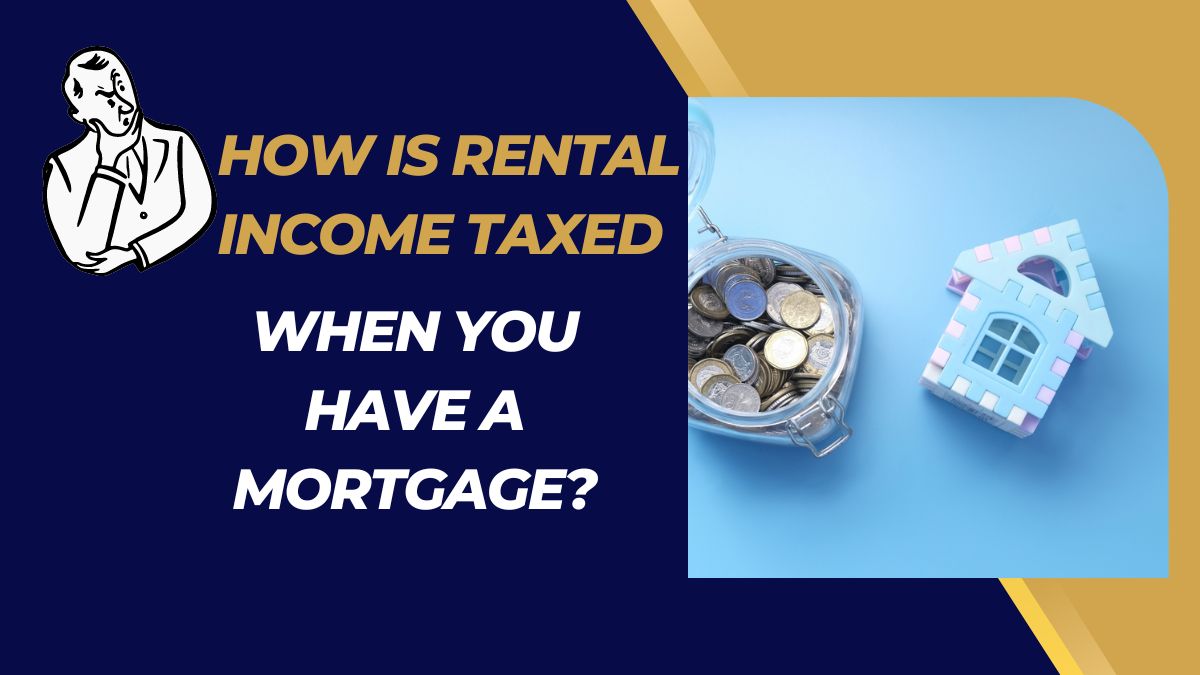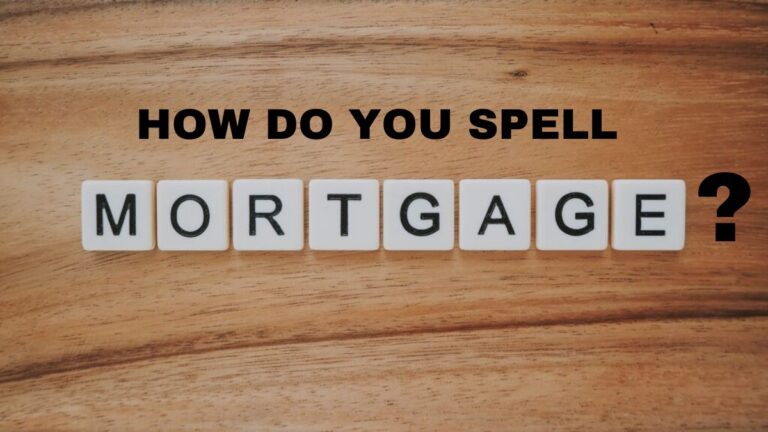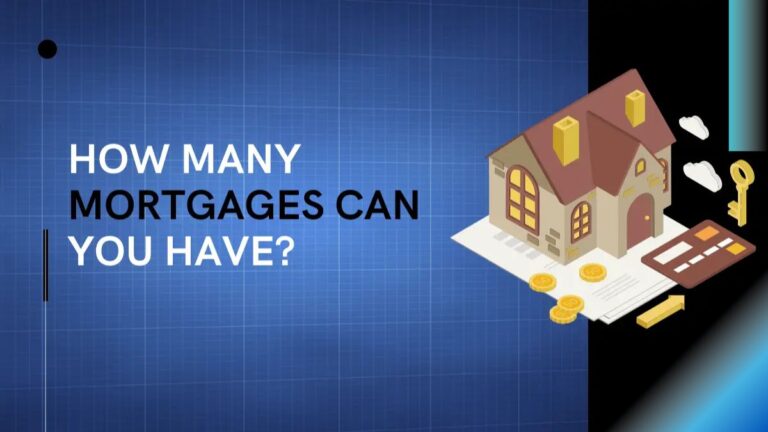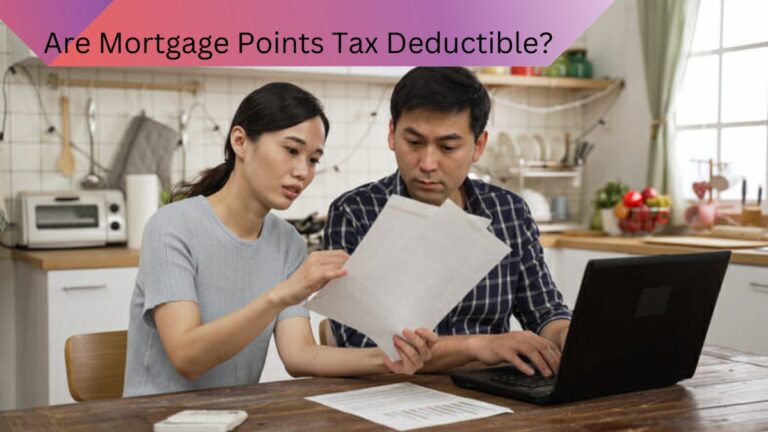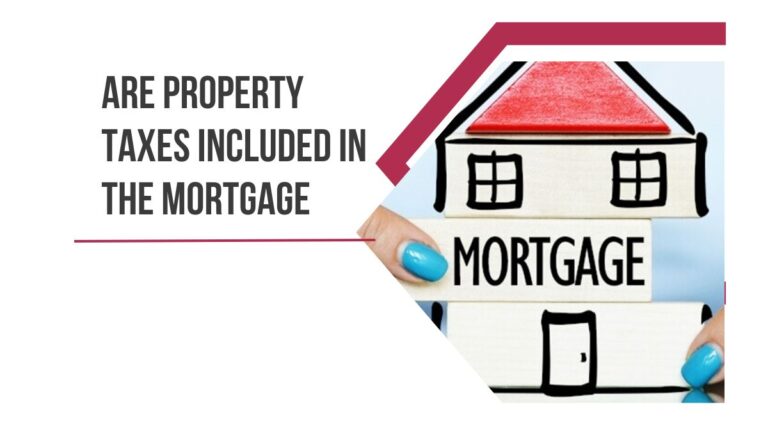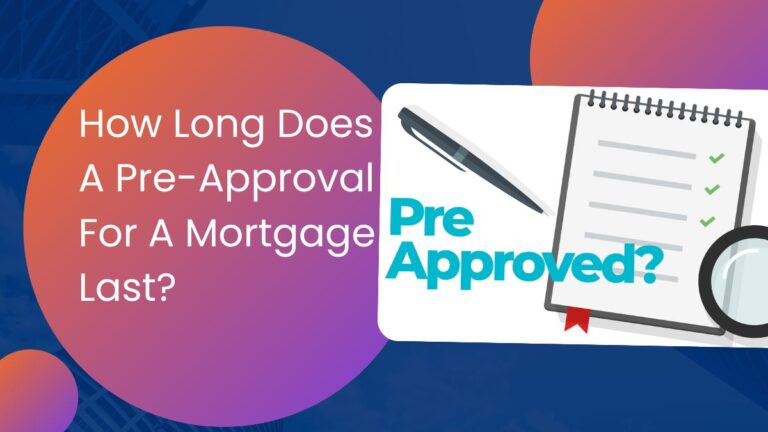How Is Rental Income Taxed When You Have A Mortgage?
Welcome to our blog post where we unravel the intricacies of rental income taxation, specifically when you have a mortgage. Whether you’re a seasoned real estate investor or just dipping your toes in the rental property market, understanding how rental income is taxed can save you from unwelcome surprises come tax season.
Join us as we demystify this often-confusing topic and shed light on how your mortgage status impacts your tax liability. Get ready to unlock valuable insights that will help maximize your profits while ensuring compliance with the ever-changing tax laws. Let’s dive in!
What is rental income?
Rental income is taxable when it is received, whether it’s from a tenant or owner. Income from rental property includes both cash and accrued rent. When you receive rental income, you must report the gross amount on your tax return. You may also have to pay taxes on the net income, which is the difference between the gross income and any expenses related to renting the property.
There are many ways that you can deduct expenses related to renting property, including mortgage interest, real estate taxes, depreciation, and casualty losses. You can also claim a rental allowance if you’re self-employed and rent out part of your business property. Keep in mind that some of these deductions may be limited or unavailable if you have other types of debt.
If you own rental property through a partnership or corporation, your share of the profits will be taxed as corporate income. You’ll also pay taxes on any dividends distributed to you as an owner.
How is rental income taxed when you have a mortgage?
If you have a mortgage, rental income is taxed in two ways:
First, the rental income is treated as interest income. Second, the rental income is subject to capital gains and losses. The tax treatment of rental income depends on a few factors, including whether your mortgage is secured or unsecured, and whether you are renting out your principal residence or another property.
When you have a secured mortgage, the lender typically requires that you designate some of the rent as security against the loan. This means that the lender can deduct the rent from your gross income and use it to pay down the loan.
If you don’t have a secured mortgage, your landlord can usually require that you pay rent in advance or do other types of financial commitments in order to lease space in his property. In this case, your landlord can deduct the rent from your gross income and use it to pay down his own investment in the property.
Whether you are renting out your principal residence or another property, if you make more money from renting out one property than you do from living in it yourself, your rental income is considered a taxable capital gain. If you make less money from renting out one property than from living in it yourself, your rental income is considered taxable ordinary income.
What are the benefits of having a mortgage?
There are a few key benefits to owning a home with a mortgage – in particular, renters should consider these before making the leap into homeownership:
- Taxation: Renters who own their homes through a mortgage receive the full benefits of property tax deductions. This includes both federal and state taxes, which can total thousands of dollars annually for high-value properties.
- Protection: If you lose your job or encounter other financial difficulties, having a mortgage ensures that you won’t be forced to sell your home at a loss unless you want to. Mortgage lenders typically require a certain percentage down payment as security against this possibility, so having some equity in your home gives you an extra layer of protection.
- Stability: Owning your home means that you’re committing to living in one place for an extended period of time – this can provide stability and peace of mind when times are tough. Not having to worry about rent hikes or displacement can also be incredibly liberating and give you more freedom to do what you enjoy in life.
Conclusion
In this article, we are going to discuss how rental income is taxed when you have a mortgage. The way that your rental income is taxed depends on a few factors, including the type of mortgage that you have and where your property is located.
We will go over each of these factors so that you can understand how your rental income is affected by having a mortgage.
